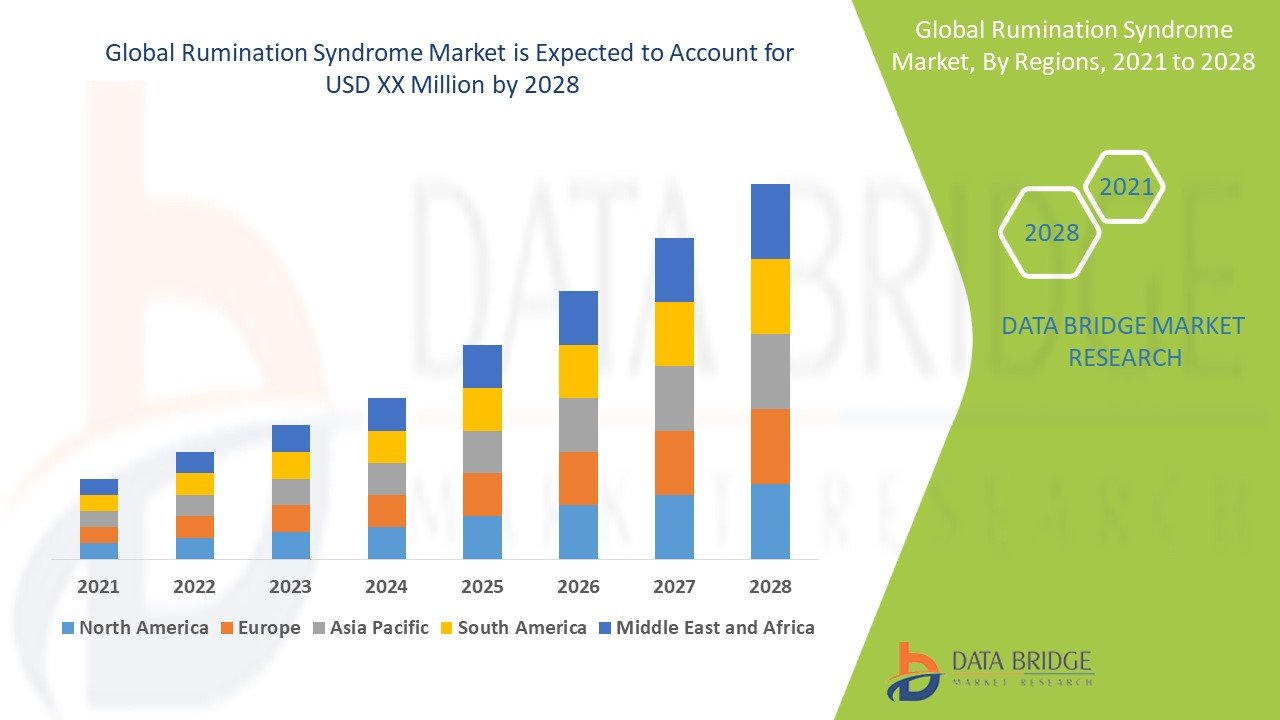Emerging Horizons in the Rumination Syndrome Market: Trends, Challenges, and Growth Prospects
Introduction
Rumination Syndrome, a rare and often misunderstood gastrointestinal condition, is gaining increasing recognition within the medical community and pharmaceutical sector. Characterized by the effortless regurgitation of recently ingested food, the disorder primarily affects children and adolescents, though cases in adults are also being documented. As awareness rises and diagnostic capabilities improve, the global Rumination Syndrome market is witnessing notable shifts in terms of treatment development, research funding, and healthcare investments.
Market Overview
The Rumination Syndrome market remains niche but is gradually expanding due to a growing focus on functional gastrointestinal disorders. Market growth is driven by:
-
Increased Awareness: Educational efforts by healthcare providers and advocacy organizations have improved recognition rates, especially in developed nations.
-
Better Diagnostic Tools: Innovations in gastrointestinal diagnostics, such as high-resolution manometry and impedance monitoring, are enabling more accurate identification of rumination syndrome.
-
Multidisciplinary Treatment Approaches: Treatment strategies often involve a combination of behavioral therapy (such as diaphragmatic breathing), dietary management, and psychological counseling, driving demand for integrated care models.
Key Market Segments
-
Treatment Type
-
Behavioral Therapy (Primary treatment modality)
-
Pharmacological Interventions (Adjunctive role, e.g., anti-nausea drugs)
-
Nutritional Support and Counseling
-
-
End Users
-
Hospitals & Clinics
-
Specialty Gastroenterology Centers
-
Rehabilitation and Therapy Centers
-
-
Geographical Insights
-
North America leads in research and clinical expertise.
-
Europe shows increasing adoption of integrated care models.
-
Asia-Pacific markets are slowly evolving due to limited awareness and diagnostic capabilities.
-
Market Challenges
-
Low Prevalence and Misdiagnosis: The rarity of the syndrome and its overlap with eating disorders often lead to underdiagnosis.
-
Limited Pharmacological Development: As behavioral therapy remains the cornerstone of treatment, the market lacks targeted pharmaceutical therapies.
-
Insurance Reimbursement Barriers: Therapy-based interventions are not always well-covered by insurance providers.
Get More Details:
https://www.databridgemarketresearch.com/reports/global-rumination-syndrome-market
Future Outlook
The Rumination Syndrome market is expected to grow modestly over the next decade. Growth will be shaped by:
-
AI-Enabled Diagnostics: Leveraging machine learning to recognize behavioral and physiological patterns may revolutionize early detection.
-
Telehealth Expansion: Virtual therapy sessions are making behavioral interventions more accessible.
-
Pharma Interest in Gut-Brain Axis Research: With increasing exploration into the gut-brain connection, new pharmacologic targets may eventually emerge.
Conclusion
While still in its early development stage, the Rumination Syndrome market presents a unique opportunity for growth through multidisciplinary collaboration, technological innovation, and public education. As healthcare ecosystems prioritize mental and digestive health, the market is poised for gradual yet meaningful evolution.
Get More Reports:
https://www.databridgemarketresearch.com/reports/global-pu-polyurethane-elastomer-market
https://www.databridgemarketresearch.com/reports/global-clutch-market
https://www.databridgemarketresearch.com/reports/global-embolic-protection-devices-market
https://www.databridgemarketresearch.com/reports/global-vented-stretch-wrap-market
https://www.databridgemarketresearch.com/reports/global-flavored-table-butter-market


